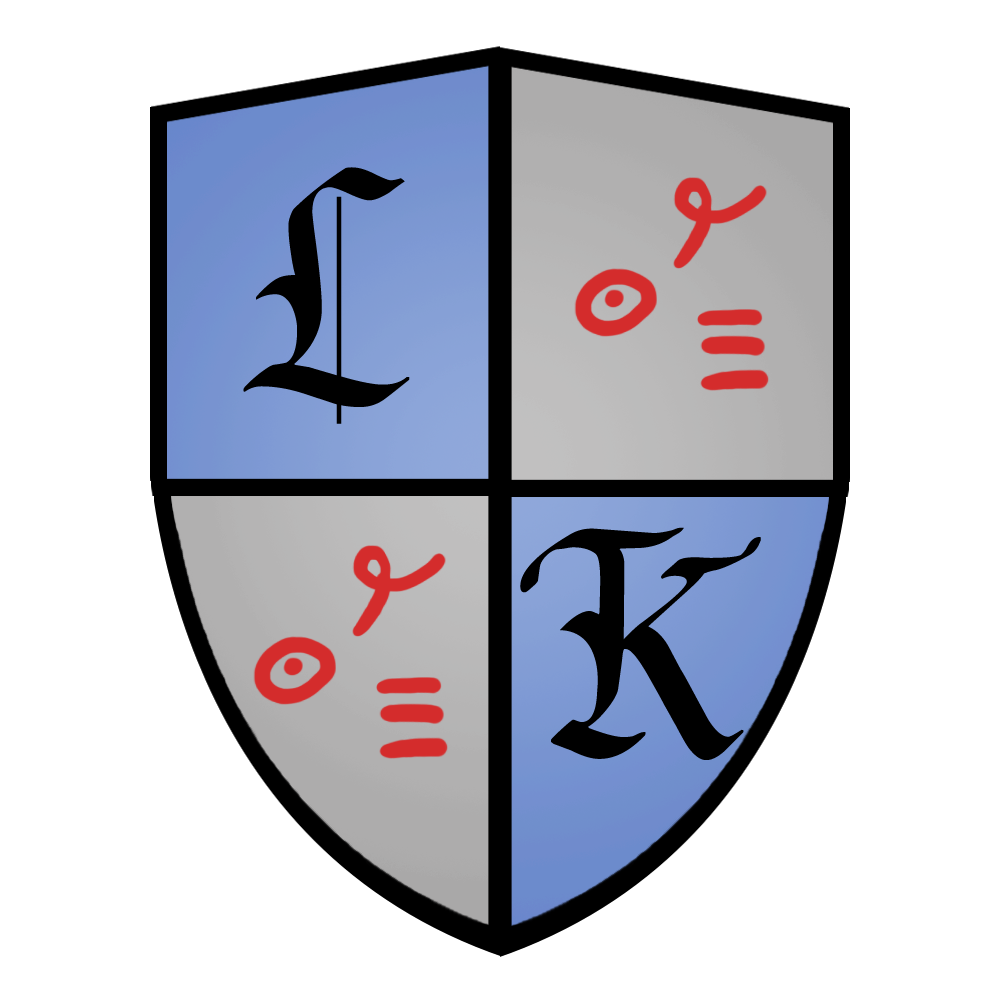Since I went Medieval in my post two weeks ago, I’m now going to jump way forward in time and talk about author websites.
If you’re an author and you want people to read and buy your books, you need a website. Having an author website is actually one of Crystal Publishing‘s requirements for signing a contract to publish a book. I would not be at all surprised if the same is true for other publishers (though some may have the resources to help you create a website themselves). I can’t think of a single book-selling-author I know of who doesn’t have a website of some sort. So why is an author website so important?
Why Do You Need an Author Website?
An author website provides a starting ground for everything author-related. It’s the beginning of your marketing platform. It’s where interested readers will go to learn more about you and your books. It’s where you can actually sell your books once they’re available. A website shows that you’re serious about this author thing. An up-to-date website with a lot of content shows that you’re really serious.
Marketing Platform
If you’re like me, you may not really like the idea of having to do marketing. But sorry. Being an author is being a small business, and that means you have to market. You need to get your product out there and convince people they want to buy it. An author website is the best place to start.
Your website should be the hub that ties together all of your marketing and social media. It should have links to your social media profiles, and your social media profiles should link back to your website. As you provide interesting and helpful information on social media, traffic will hopefully be directed to your website—and then if your reader still wants more of you, they can follow the links back out to your other social media presences.
An author website is also the perfect place to host a blog (like this one!). A regular blog is a great way to give back to your readers. You can show what you’re like as a person and build reader loyalty. You can publish pieces about your books that will make people want to go out and buy them. And I’ve read that regularly adding new content to your website (eg with a blog) is a key aspect for Google prioritizing your website in its search results.
If a reader has a question about you or your books, they will probably go to your website first. Especially if you can get it on the first page of a Google search involving your name or book title.
Author and Book Information
Which means you need to have answers to potential reader questions on your website. Your site should be a trove of information about you and your books. A lot of readers want to know more about the person who’s written a book they really liked. Include a quick bio and some interesting tidbits about yourself in an “About Me” page. And post some pictures! People like pictures, and a few good pictures of you will help them connect to you as an author.
And your satisfied readers are going to want to know if you have other books they can read! You’ll want at least one page dedicated to your books—better if you have a page per book. Include your story pitch or what you’d put on the back cover. The hook that will get people interested in reading. If you write in different genres, this is the way to direct your readers to the types of books they want.
Even if you haven’t yet published a book, you’ll still want information on what’s coming soon. You can build anticipation for an as-yet-unpublished book by posting snippets of the manuscript or writing about where you got the idea for the story. You can and should be marketing your book even before it is published—just make sure you don’t give unrealistic promises on when the book will be available!
Selling Books
And, of course, you can use your author website to sell books. Ultimately, as an author, you want people to buy and, more importantly, read your books. Your website is a great place to facilitate that. When your site visitors click for more information on one of your books, you should always provide a link to buy that book!
You can do this a few different ways. If your books are selling through other vendors, you can put links to those vendors. Or, you can sell books directly from your website. Hosting an online store takes a bit more work than just selling your books on amazon or something. But you won’t have to pay the vendor a cut. You can even offer to sign books before you ship them to your readers! I often buy Brandon Sanderson’s books through his store website because then I can get them personalized to me or whomever I’m buying the book as a gift for. Having a store provides you and your readers with options.
Build a Website
Marketing, information, and selling books are the main reasons you should build an author website, but I’m certain you can find even more uses for your website. The most important thing is that you have one. So go forth and build (or update) your website! In two weeks, I’ll give you some of my tips and tricks, from one novice to another, on how to build a better website. Until then!

